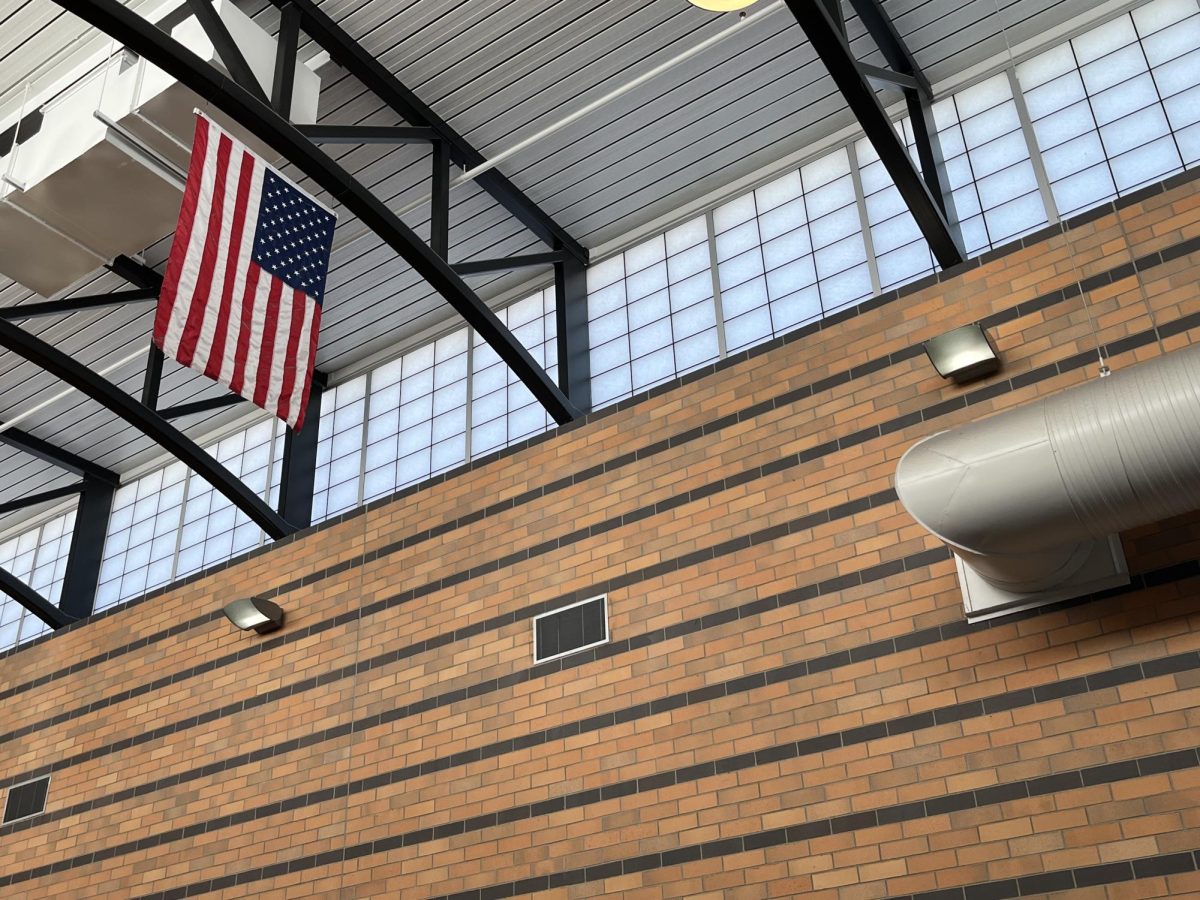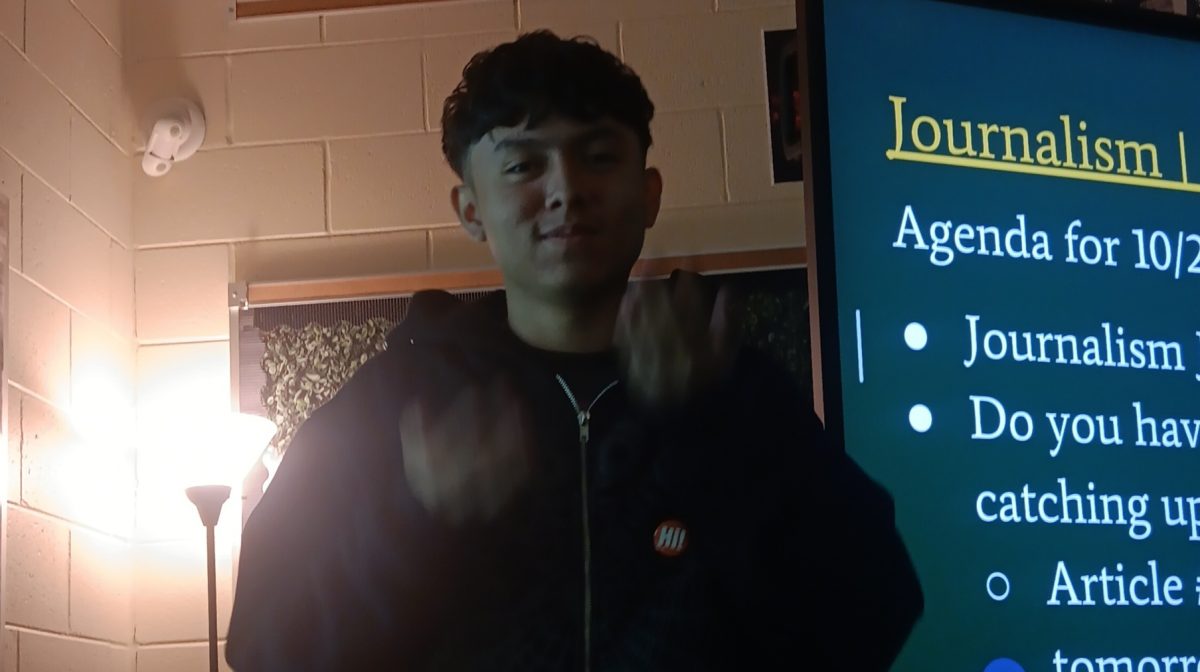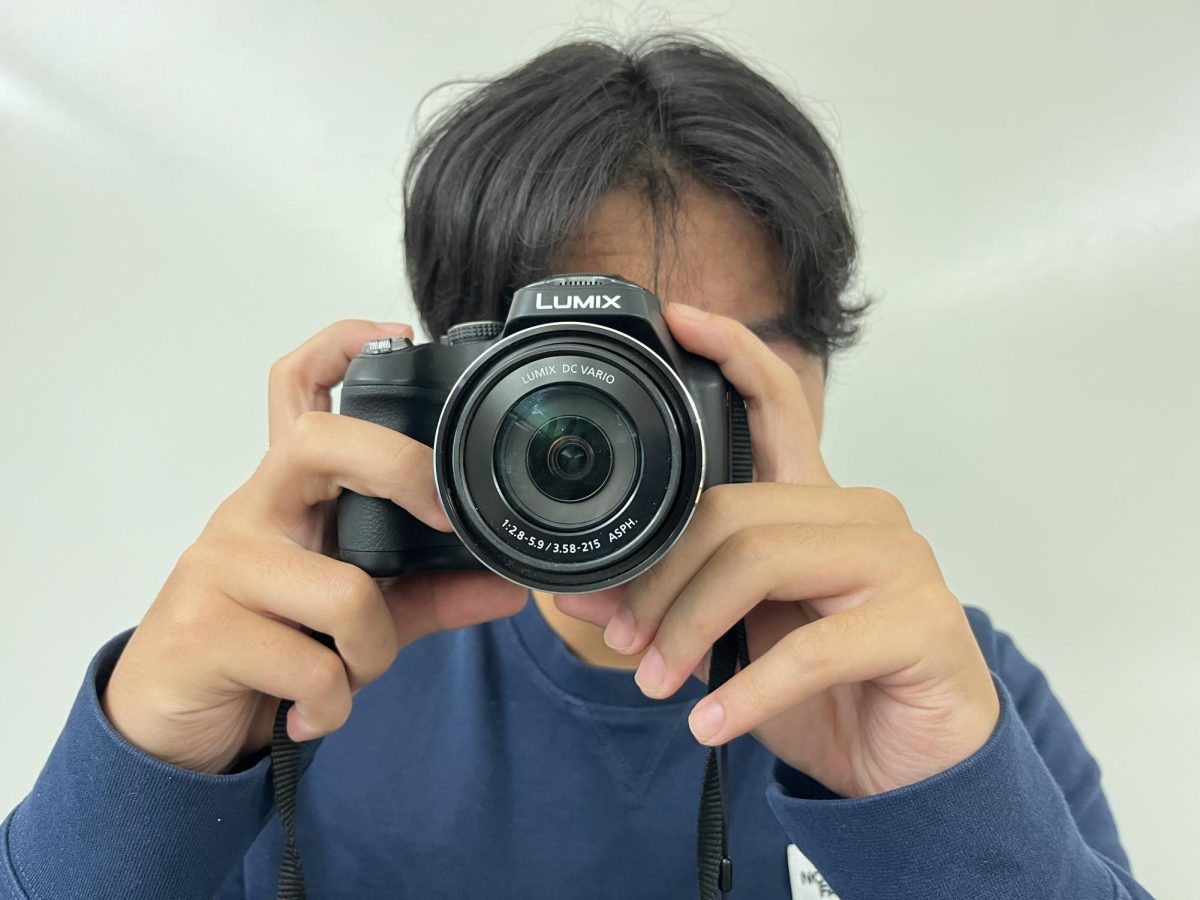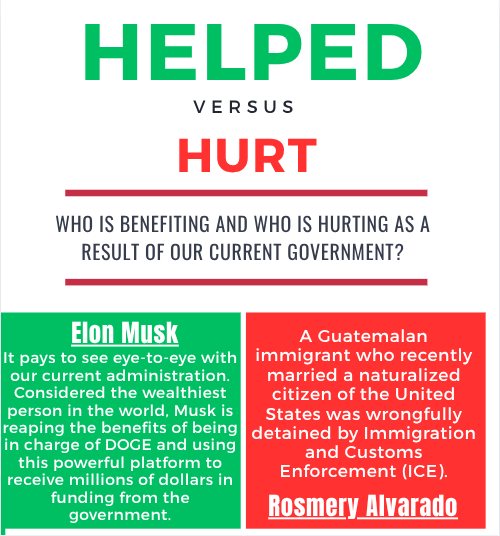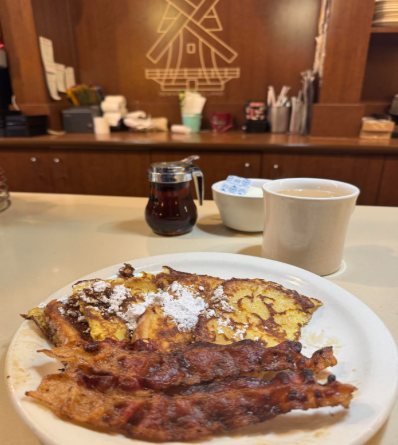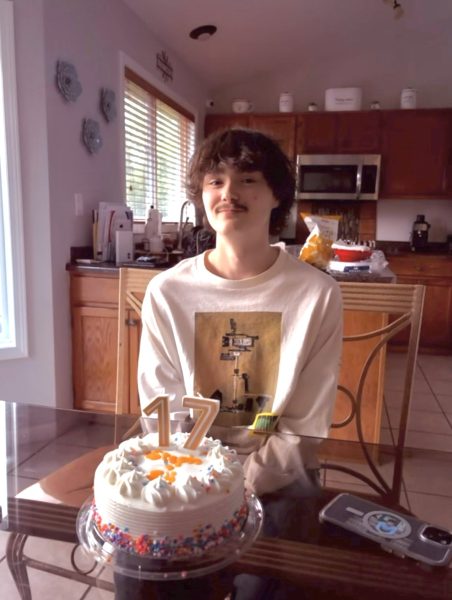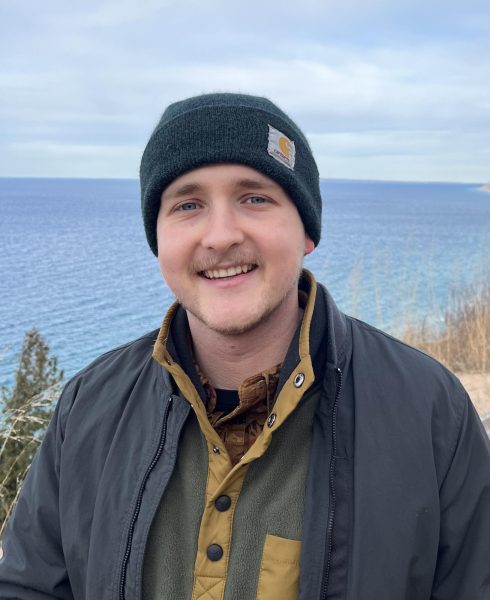As politics have expanded to extremes, there has been much more conflict within the United States. There are constant stories about people fighting over ideologies or philosophies, appearing in nearly every setting. This has raised questions about whether the nation is experiencing a simple rise in political violence, or a more serious escalation of tension.
In recent years, a number of instances have made Americans consider the state of our country. Violent rallies, threats against politicians, and physical altercations over political beliefs seem to indicate that emotions are more intense than ever, as seen in events like the January 6 Capitol riot in 2020 or the assassination of political influencer Charlie Kirk in 2025. Many West Ottawa students are impacted by what they see and hear on a daily basis, even if these events are happening far from their school.
Some West Ottawa students believe it is now hard to overlook the increase in political tension. Sr. Sofia Coipel said, “Yeah, it does seem like political violence is getting worse. Feels like every time you check the news there’s something about protests turning violent or people fighting over politics. I think social media definitely amplifies it as well, so it feels like it’s everywhere. I’m sure people are feeling less comfortable expressing opinions outwardly now.”
Many people identify with Coipel’s stance on social media. Apps like Instagram and TikTok not only spread information rapidly, but they also ignite anger and hostility when political clips or controversial statements go viral, often triggering heated comment sections, mass reporting, or online harassment. Because of this, many people are scared to express their opinions for fear of being attacked or belittled. It illustrates how politics, especially online, have started to affect both adults and teenagers. Some students even stated that they completely avoid discussing politics because they are tired of constantly witnessing fights on the internet.
Sr. Ruth VanTuinen gave her perspective on the reasons behind her belief that political violence is on the rise. “I think that the rise in political violence is only due to a hateful society. So often we resort to hate automatically, as it’s an easier response to thinking you might be wrong or hearing the other side. This is the direct cause of violence, in all aspects,” she said.
VanTuinen’s answer focuses more on how individuals deal with conflict. People frequently respond with anger right away rather than attempting to understand one another. That kind of thinking can turn even minor disagreements into conflicts. Her argument also demonstrates how political divide may result from factors other than the issues at hand. It’s about how we treat each other and how easily we attack rather than listen.
West Ottawa graduate Zaesha Thompson stated her own perspective, stressing the difference between empathy and political violence. “I personally think that no one should be killed for their beliefs. It’s a very tragic thing that happens sadly, but throughout history people have been killed and maimed not even for sharing the same political beliefs as me, but just for having the same skin color or gender as me. The same people who call for action when it’s someone they share the same beliefs as are the same exact people who make fun of the death of George Floyd on the date of this death every year, for example. I can’t pick my empathy, but I give less of it when they don’t even try to hide their hate.”
Her statement highlights that political violence includes not only disputes but also how people respond to the suffering of others. Thompson emphasizes how displaying selective empathy or openly expressing hate widens conflict and makes it harder for society to resolve conflicts civilly. Her perspective highlights the importance of empathy and understanding by emphasizing how political conflict frequently results from a larger pattern of discrimination and unfair treatment.
Political violence appears to be a reflection of a larger issue with empathy and communication, whether it is people losing the ability to listen or social media escalating rage. Although the majority of West Ottawa students concur that there is more division than there once was, many still think that things can still get better. This generation could contribute to the development of a future in which politics need not result in violence by opting to listen rather than fight.

